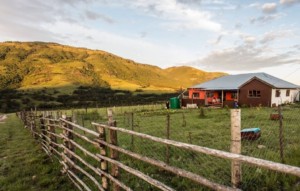Rural tourism: Delighting tourists, developing communities
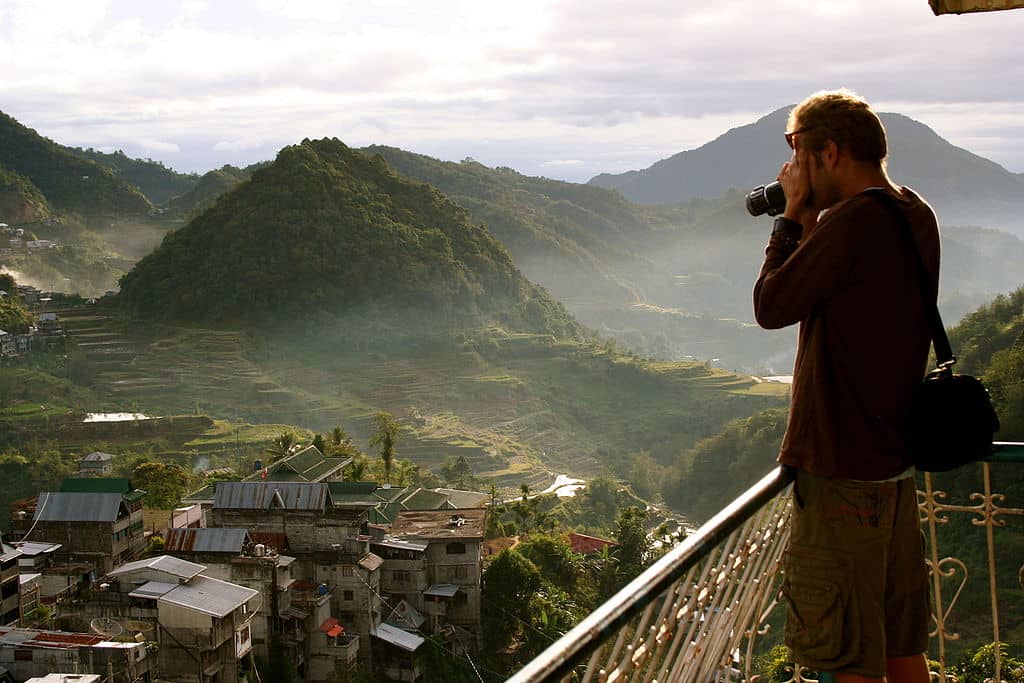
At the Second International Rural Tourism Conference held in Anji County in Huzhou, China, July 16 – 18, 2017 the World Tourism Organization (UNWTO) released its report on International Rural Tourism Development — An Asia-Pacific Perspective. The report presented best practices in rural tourism development throughout Asia Pacific and showcased the power of tourism to help millions escape poverty.
Peter Semone was the report’s editor and in this “Good Tourism” Insight he lets us in on some of what he learned.
There is significant untapped potential for the development of rural tourism in Asia and the Pacific. The diversity of the region’s cultures, heritage, social structures and ecosystems provide the backdrop for unique visitor experiences that are unmatched anywhere else in the world.
And there are many reasons to pursue rural tourism development. It can serve as an antidote to the rapid urbanisation and modernisation that is afflicting much of the world and leaving in its path destruction of traditional ways of life, poverty and inequality.
By offering authentic and traditional encounters, rural tourism can serve as a panacea for the stresses of modern day living that are causing people unprecedented levels of strain and anxiety. Indeed, from a demand perspective, the appeal of rural tourism is peace, solitude, nature, scenery, traditional people, recreation and adventure.
Most rural tourism products and services revolve around activities, experiences, and specialist accommodation such as homestays, which is why rural tourism has many labels ranging from “ecotourism” to “community-based tourism”. Simply stated, rural tourism is about experiencing rurality and all that it encompasses in relation to authenticity, tradition, culture, and nature.
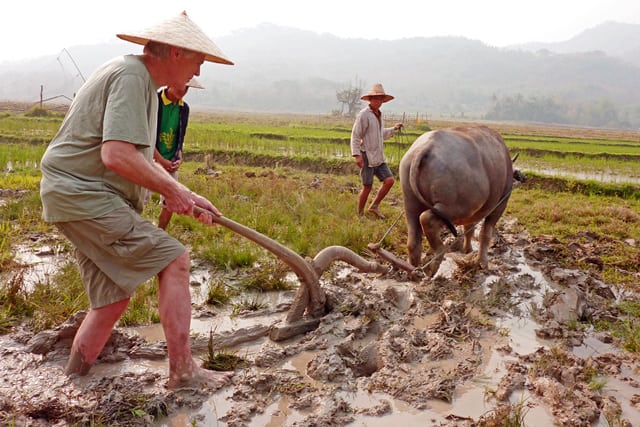
Importantly, rural tourism provides commercial and employment opportunities for communities that are confronted with the growing challenge of offering viable livelihoods for their local populations. In the absence of these opportunities, migration to urban areas will continue to be a growing phenomenon, which will only further burden the infrastructure and social services of cities in Asia and the Pacific. Rural tourism is an effective tool for helping local populations to ‘leave the fields without having to leave the village’.
Moreover, rural tourism can support the dispersion of tourism, which will become increasingly important as the sector continues to grow exponentially, challenge the carrying capacities of popular destinations, and inflict severe negative impacts on sustainability.
The UNWTO study International Rural Tourism Development: An Asia Pacific Perspective, which I edited, features a collection of rural tourism case studies spanning 14 countries across the region and explores the challenges, opportunities and risks associated with the development of this niche sector. Each chapter includes a brief summary of the socio-economic highlights of the country including respective tourism performance, appeal, and any existing national rural tourism policies. A specific rural tourism project is then presented detailing relevant institutional arrangements, products and services, marketing and promotion, associated impacts and lessons learned.
Rural tourism: Opportunities, challenges for nations, destinations
There is evidence of many opportunities and challenges in the development of rural tourism in the Asia Pacific region. In all cases the overarching objective of countries in nurturing their rural-based tourism is to minimise migration from rural to urban areas; ensure employment opportunities for rural youth, ethnic minorities, women and marginalised groups; alleviate poverty; and preserve culture and heritage. And while there is varied levels of priority placed on the development of rural tourism, all countries acknowledge its potential as a means of diversifying their tourism product.
A number of challenges have been identified and require further consideration and action as rural tourism takes centre stage in regional development. Perhaps the most critical is that national governments recognise the potential for rural tourism development and initiate supporting policies to ensure sustainable growth. Complementary national marketing and promotion campaigns are also required to support the growth of this niche sector.
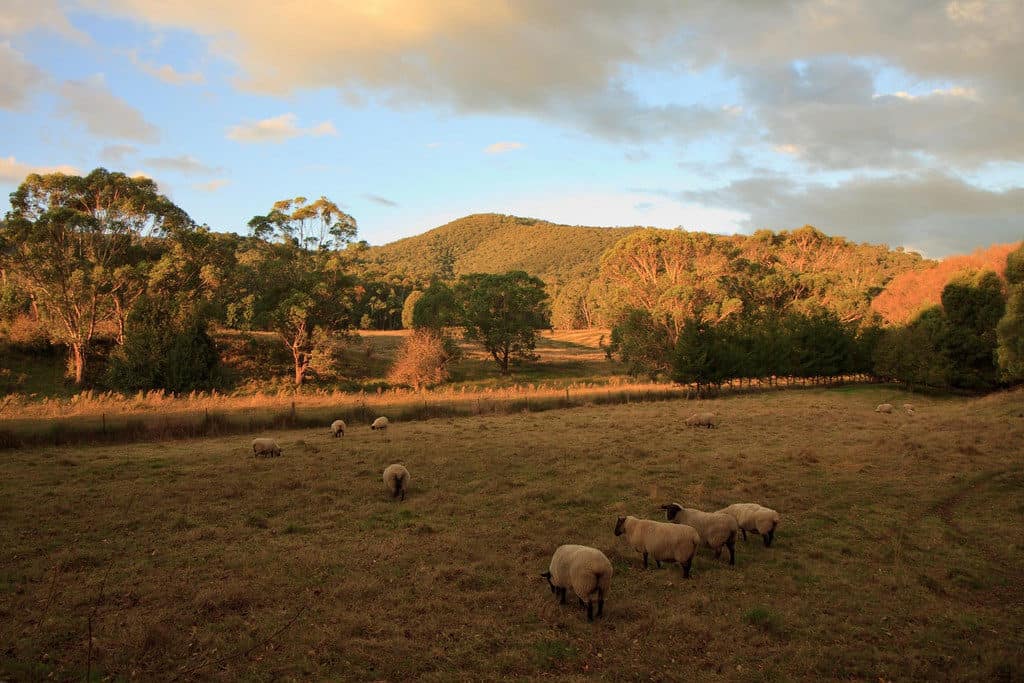
However, it should be recognised that a top-down approach to development and management is not conducive to the evolution of rural tourism. Rather, it needs to grow in an organic fashion in which national and regional governments play the role of facilitator by encouraging and augmenting locally-inspired initiative and action. Governments can also support the establishment of rural tourism demonstration projects, the good practices of which can be replicated.
In relation to supply of products and services, there is a need to support local communities in innovation, micro- and small-enterprise financing, business planning, business skills, and standards. Due to relative inexperience in enterprise operations and management, many rural inhabitants possess limited business acumen and therefore require coaching and mentoring to enable them to deliver profitable and quality tourism experiences.
An equal challenge for authorities is understanding the dynamics of marketing in the rural context. Indigenous populations that typically rely upon agriculture-based incomes have limited understanding of how to stimulate tourism demand. This challenge is further exacerbated by the complicated digital economy in which tourism is distributed nowadays. Support in market planning, product packaging, distribution (electronic and traditional), and the establishment of partnerships and networks is critical in helping communities grow demand for their tourism offerings.
Perhaps the most critical need for rural tourism development is the training of villagers; to lift their service skills and establish “destination human capital”. Destination human capital is defined as improving the whole system of human interaction in the tourism experience with the objective of elevating the quality of tourism-related services and enhancing benefits for all tourism economy stakeholders. That will ensure sustainable rural tourism development.
In addition, the healthy development of rural tourism requires that a system of standards be set and enforced that is operable, meets the needs of the market, and effectively lifts the quality of service and management.
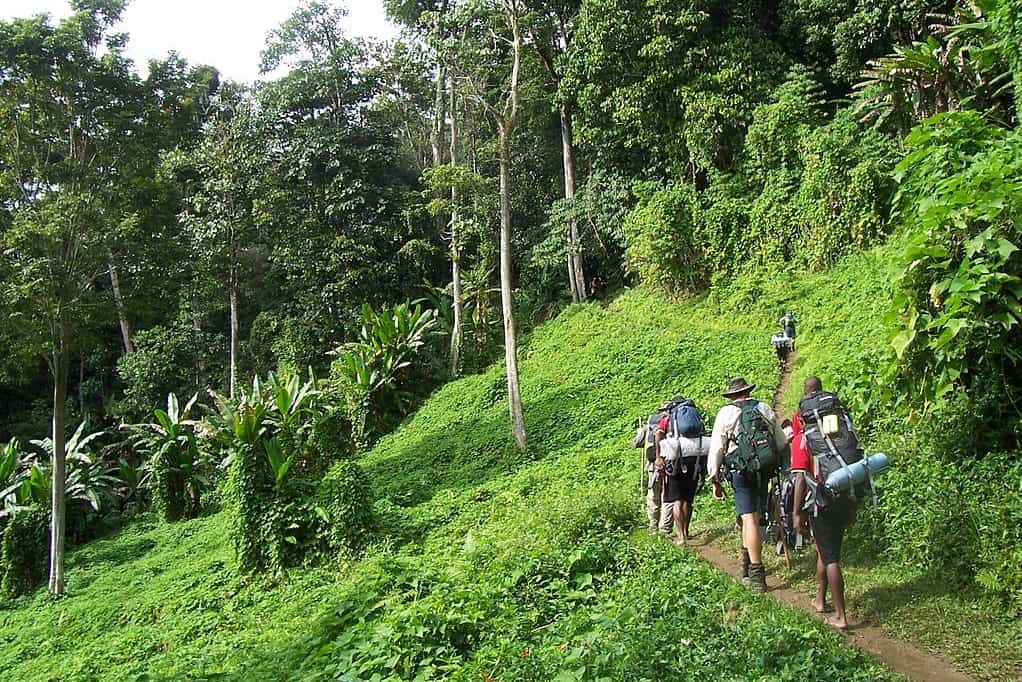
Rural tourism: Opportunities, challenges for micro & small enterprises
At the micro (less than five employees) and small (up to 15 employees) enterprise level, there are many opportunities, but they are fraught with challenges. They face a set of environmental and market forces which are different from those in cities and large resorts, ranging from lack of supply of raw materials, interruptions in utility services, and lack of skilled and enthusiastic employees. In other words, it must be recognised that rural tourism operates in areas where the unexpected is often the norm.
In the rural context, individual business owners often lack the experience and training necessary to develop and manage independent business operations, particularly where the community has traditionally relied on collective approaches to activities and decision-making. And it should also be noted that in most cases, any additional stream of income from rural tourism activities has resulted in expanded individual entrepreneurial opportunities rather than any distinct increase in overall community employment.
Another complicating factor for micro and small enterprises can be seasonality. As with all tourism-related businesses, rural tourism enterprises are susceptible to the waxing and waning of demand, which can challenge sustainability either in overcrowding during peak seasons or underutilisation during low seasons. Seasonality is typically the result of either climactic phenomena or social factors, such as school holidays or religious events. While seasonality is largely predictable, it continues to plague many businesses and forces owners to seek alternative employment options and complicates any arrangements that may exist with employees and suppliers. It is important that these swings in demand are anticipated and properly planned for to avoid any negative financial and operational consequences.
The best means of circumventing seasonality is to establish a differentiation strategy in which international visitors, due to their comparatively high spending levels, are accommodated during the high season and domestic visitors, who tend to be more price-sensitive, are sought during the low season. However, this may extend beyond the business acumen of most rural tourism entrepreneurs and communities.
Given the link between the natural resource base and rural tourism, the unpredictability of weather, seasons and other natural phenomena can affect the smooth operation of tourism businesses and their respective communities. It is, therefore, critical that contingency plans are considered and in place to plan for these inevitabilities.
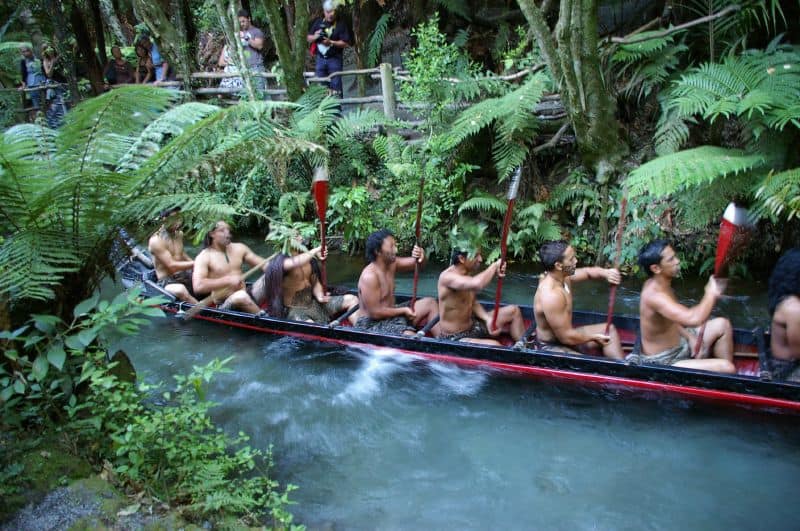
Rural tourism: Opportunities, challenges for communities
Income from tourism potentially adds to the village or community budget to be leveraged to access investment and additional governmental funding. It also finances cultural preservation and can help revive traditional practices through increased interest and new income generation. However, economic benefits typically take centre stage and social benefits are often not as conspicuous.
Rural tourism will always have the challenge of balancing economic development with cultural, heritage and natural resource preservation. There is a notable risk in fostering tourism development at the expense of preserving the dignity of the locals, whose natural living environment can be intruded upon by gawking tourists, thereby diminishing the locals’ presence to that of artefacts in a museum.
The distribution of any new economic benefits derived from rural tourism must be managed, particularly in the early stages of rural tourism development, to ensure transparency and avoid frictions within the community. This requires strong institutional arrangements in which partnerships are forged between local civil society, private sector operators as well as municipal, provincial and national authorities. These are all issues related to the development of destination human capital to augment the physical development of sustainable tourism.
Rural tourism: The multi-dimensional perspective

In order to manage the unique opportunities and challenges outlined in the study, rural tourism must be viewed from a multi-dimensional perspective in which the supply of products and services, market demand, and institutional arrangements are considered on equal terms. The below offers a framework within which to consider these key issues, challenges and opportunities for rural tourism development.Clearly, the opportunities for rural tourism far outweigh the challenges and negative impacts. Now is the time for countries in Asia and the Pacific to band together to realise the true potential of their rural communities to offer unique and authentic tourism experiences. Regional bodies such as the UNWTO can work together with national, provincial and municipal governments to set the framework for people living in rural communities to benefit from tourism through their own initiative and actions.
What do you think? Share a short anecdote or comment below. Or write a deeper “GT” Insight. The “Good Tourism” Blog welcomes diversity of opinion and perspective about travel & tourism because travel & tourism is everyone’s business.
Featured image: Tourist at the Banaue Rice Terraces, which were carved into the mountains of Ifugao in the Philippines by ancestors of the indigenous people. By Jon Rawlinson (Flickr) (CC BY 2.0) via Wikimedia.
About the author

Peter Semone is managing partner of the strategic advisory organisation Destination Human Capital and founder of the internationally acclaimed Lanith — Lao National Institute of Tourism and Hospitality vocational school in Laos. He has acted as Chief Technical Adviser and Team Leader for European donor and Asian Development Bank projects. He also consults for United Nations agencies including the World Tourism Organisation and International Labour Organisation.
Currently serving as Chair of the Pacific Asia Travel Association (PATA) Foundation, Chair of the PATA Industry Council, and a member of PATA’s Executive Board, Peter has been an Association stalwart for more than 20 years. From 2002 – 2006, he worked for PATA as its Vice President.
Peter is widely published in peer-reviewed journals on topics related to tourism development and destination human capital. He enjoys lecturing and is in continual pursuit of a PhD in international tourism development studies. Peter spends his free time with his family in Bali.





